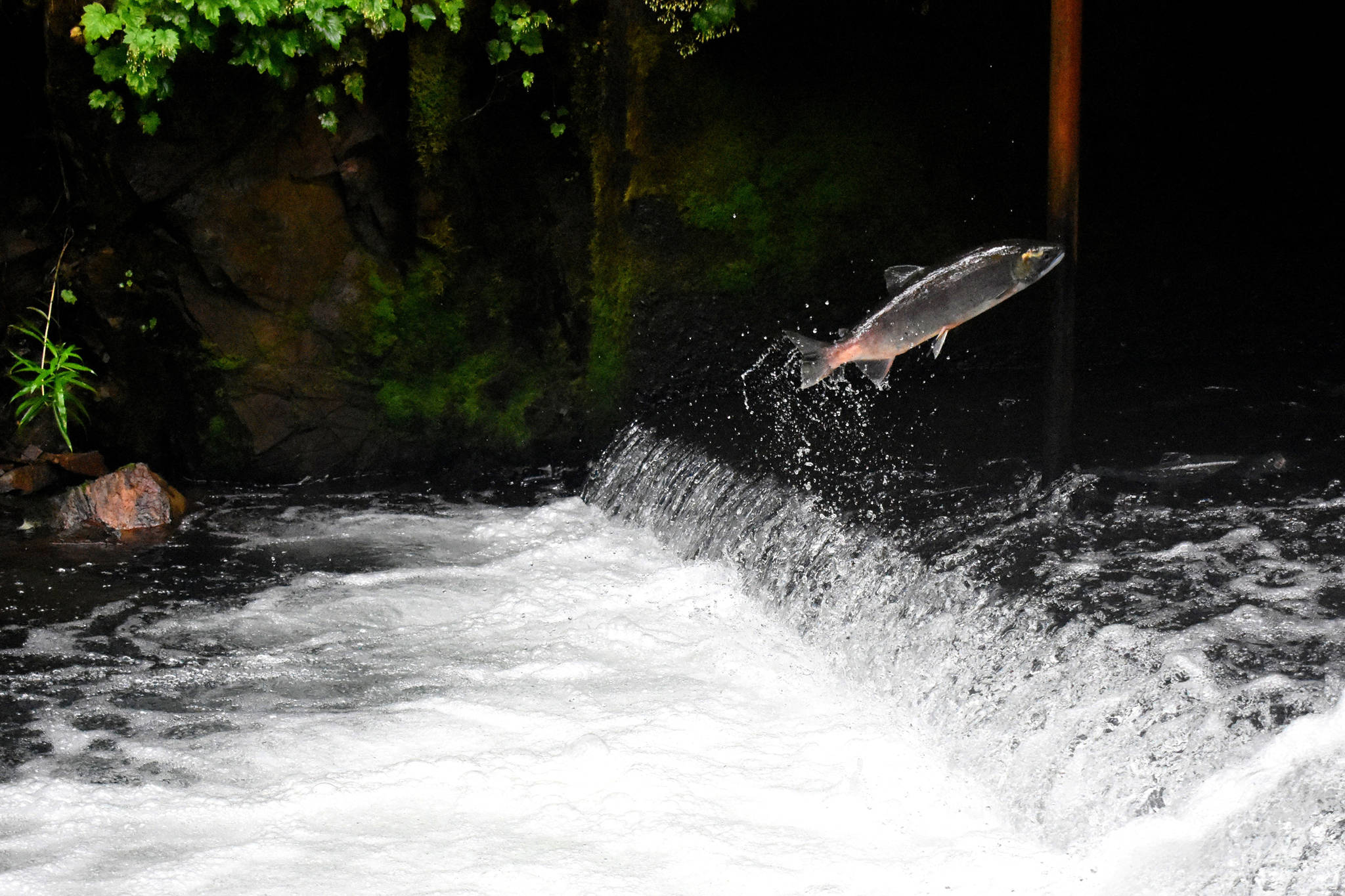This summer, more than 40 wild million sockeye salmon are expected to return to Alaska’s Bristol Bay.
If you’re an angler, you’ve likely heard of the region’s world-class salmon and trout fishing — a dream destination for anglers worldwide. And, if you buy wild Alaska salmon at your local grocery store, it most likely comes from Bristol Bay — the region accounts for over half of the world’s supply of the popular, nutritious fish.
Currently, all of this is under threat by the proposed Pebble Mine, which is making headway toward securing a key federal permit. At stake are not only Bristol Bay’s fish and wildlife, but also the economic prosperity and outdoor heritage that have emerged as a result.
So much is at stake that more than 1 million Americans — led by a coalition of Alaskans traditionally fond of resource development — have repeatedly said, “Not here.” Still, Pebble pushes on.
[Opinion: We are an Alaska Native Corporation that backs Pebble Mine. Here’s why]
After recently releasing a draft Environmental Impact Statement for Pebble — the key document of the permit process — the U.S. Army Corps of Engineers is accepting public comments on its analysis of the project’s consequences. Filled with misconceptions and lacking scientific detail in many areas, the statement’s release has fast-tracked the permit process and undermined the public discourse needed for a project of such magnitude.
The rapidly accelerated review is now expected to result in an issued permit, despite the wishes of large and diverse groups of Americans. Nearly two-thirds of Alaskans oppose the proposed mine, while even more Bristol Bay residents (80%) oppose the proposal because of the serious threat it poses to cultural traditions and fishing in the area.
We stand behind the residents of Bristol Bay for good reason: Pebble is not just any mine. It would be North America’s most extensive open pit mine, situated atop the critical headwaters of one of the largest wild salmon runs and trophy rainbow trout populations in the world.
According to its permit, Pebble would pull 36 billion gallons of water from prime habitat each year, while up to 11 billion tons of toxic waste would be stored behind an earthen dam at the headwaters of the Bristol Bay watershed. That dam would be 10 times larger than the Mount Polley dam in British Columbia — the same Mount Polley dam that infamously failed in 2014, sending 850 million cubic feet of mining waste into nearby lakes and rivers.
Such disasters are becoming increasingly common and Canada’s tragedy is our warning.
[Opinion: Fishermen need Sen. Murkowski’s support against Pebble Mine]
Repeating history in Bristol Bay would doom the region’s thriving fish-based industries, not to mention the culture that they’ve created. Bristol Bay’s salmon population generates a sustainable $1.6 billion annually and supports more than 14,000 full- and part-time jobs. Over 11,500 of those jobs stem from commercial salmon fishing during peak season, which is valued at about $300 million annually.
While Pebble’s construction would yield short-term gains for a foreign mining company, the region is already rich, and its currency is salmon. This socioeconomic impact transcends Alaska.
The total value of Bristol Bay salmon product exports amounts to just under 10% of the total value of all U.S. seafood exports. Bristol Bay also benefits secondary industries that depend on it, such as retail. Companies like ours serve thousands of customers who hope to take advantage of natural attractions like Bristol Bay — from rafting to fly fishing and bird watching.
By destroying over 15 square miles of Bristol Bay headwaters, Pebble would put that way of life at risk. No amount of gold is worth that.
Even though the Pebble proposal would create about 2,000 jobs for the first 20 years, these are boom-and-bust jobs that can rip apart the social fabric of longstanding communities. They’re also only a fraction of the 14,000 jobs that Bristol Bay currently supports and has supported for decades. These jobs are long-term, time-tested and integral to the Bristol community.
We are by no means anti-business. We are not opposed to mining itself. But Pebble is not only bad for the fishery, it’s bad for business, too. Pebble is simply the wrong mine in the wrong place.
We must never lose sight of the natural resources that contribute to our well-being. If we indeed benefit from natural resources, then we must act to protect them. On that count, the Pebble proposal is an abject failure.
Now is the time for us to say so, before the comment period concludes on May 30. We urge all Americans to send their objections to the U.S. Army Corps of Engineers.
We have a golden opportunity to speak up for Bristol Bay’s economic prosperity and outdoor heritage, and speak out against the proposed Pebble Mine.
Perk Perkins serves as executive chairman of The Orvis Company. Dave Bulthuis serves as vice president of Industry Relations and Government Affairs for Costa Sunglasses.
• Perk Perkins serves as executive chairman of The Orvis Company. Dave Bulthuis serves as vice president of Industry Relations and Government Affairs for Costa Sunglasses.

